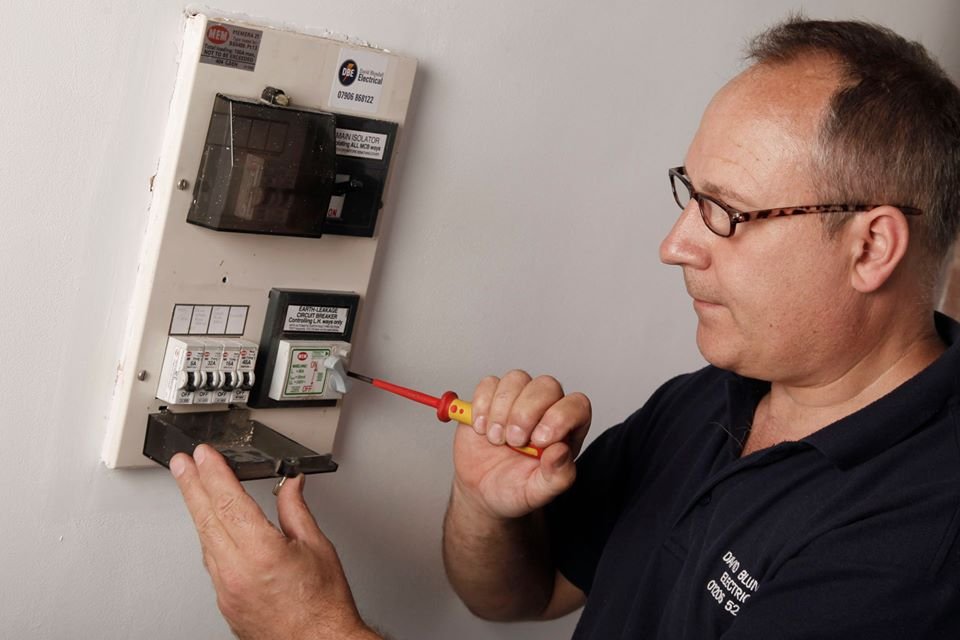The kind of certificate you need depends on the type of electrical appliance or installation you have. In this post, I’ll explain some common types of electrical work, how they need to be tested and what certification is needed.
Anything with a plug on it, for example, kettles, toasters, lamps, etc, should be PAT tested for a home office or business. In a normal working environment, these types of appliances need to be tested every year. If it is a hire company then they’ll need testing every time the equipment goes out. Alternatively, if the environment is “high risk”, like a building site, then appliances will possibly need weekly testing. The best way to inspect a plug appliance is visual. Make sure everyone is aware of what to look for: things like smashed casing, split cables, cracked plug or exposed wiring.
For electrical installations, you will require an Electrical Installation Condition Report (EICR). This used to be known as a Periodic Inspection Report (PIR). An EICR is like an MOT on your electrical installation which is normally carried out every 5 or 10 years for a domestic installation. For jobs like a complete rewire or a complete new circuit, there is an Installation Certificate. There is also a Minor Works Certificate which covers jobs such as adding to or altering an existing circuit in some circumstances. In these cases, I have to notify building control that minor works have an installation certificate.
If you have any queries regarding certification for electrical work, or you require help with any of the jobs mentioned above, don’t hesitate to contact us for advice and a competitively priced service.
Call us on:
Colchester 01206 617 611
Ipswich 01473 730953
Mobile 07906 868 122

